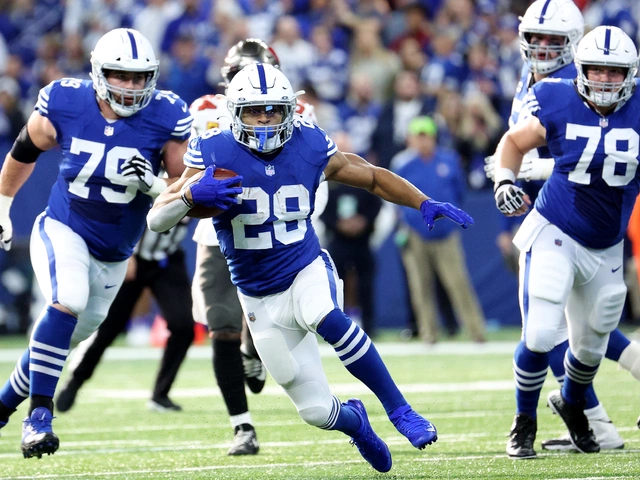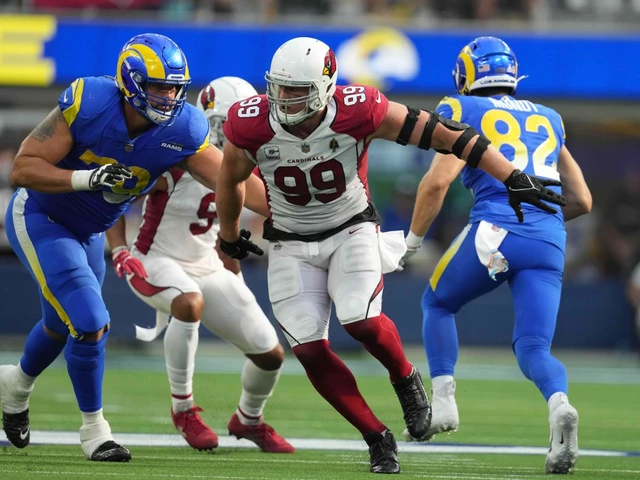College Sports: News, Tips, and Stories from Nottingham Schools
When talking about college sports, organized athletic competitions among post‑secondary institutions, often overseen by governing bodies like the NCAA and UK university leagues. Also known as university athletics, it brings together student‑athletes, students who juggle coursework, training, and competition and frequently involves scholarships, financial awards tied to athletic performance. In Nottingham’s school‑to‑college pathway, these programs feed talent into national leagues and keep the local community active.
Why college sports matter
College sports serve as a bridge between youthful enthusiasm and professional ambition. The NCAA, the U.S. National Collegiate Athletic Association, sets eligibility rules, championship structures, and compliance standards illustrates how a single organization can shape an entire ecosystem. This ecosystem includes college football, the most-watched collegiate sport with massive fan bases and revenue streams and college basketball, known for the March Madness tournament that fuels media buzz and school pride. Both sports highlight the semantic triple: College sports encompasses college football and college basketball, while college sports requires student‑athlete commitment.
Beyond the field, the economics of college sports, the financial impact of ticket sales, broadcasting rights, and sponsorship deals on university budgets influences how scholarships are funded and how facilities are built. This creates another triple: Sports economics influences college sports funding, and funding enables scholarship opportunities for student‑athletes. Local businesses in Nottingham often sponsor travel teams, tying community commerce to the success of these programs.
Health and performance also play a big role. Articles about heart health at the gym or recovery after intense matches remind us that college athletes need solid medical support. The link between training regimens, structured workouts, nutrition plans, and rest schedules and on‑field results is clear: effective training enhances performance, while poor recovery raises injury risk. Readers will notice that our collection includes pieces on sudden cardiac arrest, heart attacks after workouts, and fitness routines inspired by pro athletes—each story adds practical insight for anyone involved in college sports.
Fandom fuels the whole system. Why people love to cheer for a team ties directly into the social benefits of college sports. The sense of belonging, rivalry, and shared excitement drives ticket sales and alumni donations. When fans rally behind their university’s football or basketball squad, they create a feedback loop that supports scholarships and facility upgrades. This relationship forms a semantic triple: Fan engagement boosts college sports revenue, and revenue funds student‑athlete opportunities.
Finally, the educational angle cannot be ignored. Colleges use sports as a recruitment tool, offering prospective students a chance to compete at high levels while earning a degree. The balance between academics and athletics is a constant conversation, and policies around eligibility, academic progress rates, and graduation outcomes shape the future of college sports. Our articles touch on these topics, from the impact of a bye week on player health to the strategic use of rest periods in season planning.
Below you’ll find a curated mix of match reports, health tips, financial analyses, and fan stories—all tied to the world of college sports. Whether you’re a student‑athlete, a parent, a coach, or just a curious fan, the posts ahead give you a deeper look at how college sports intersect with health, economics, and community life in Nottingham and beyond.




